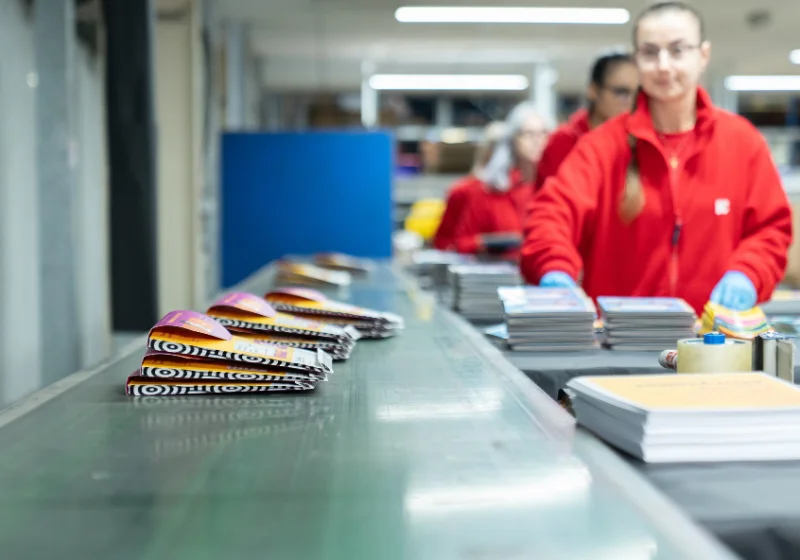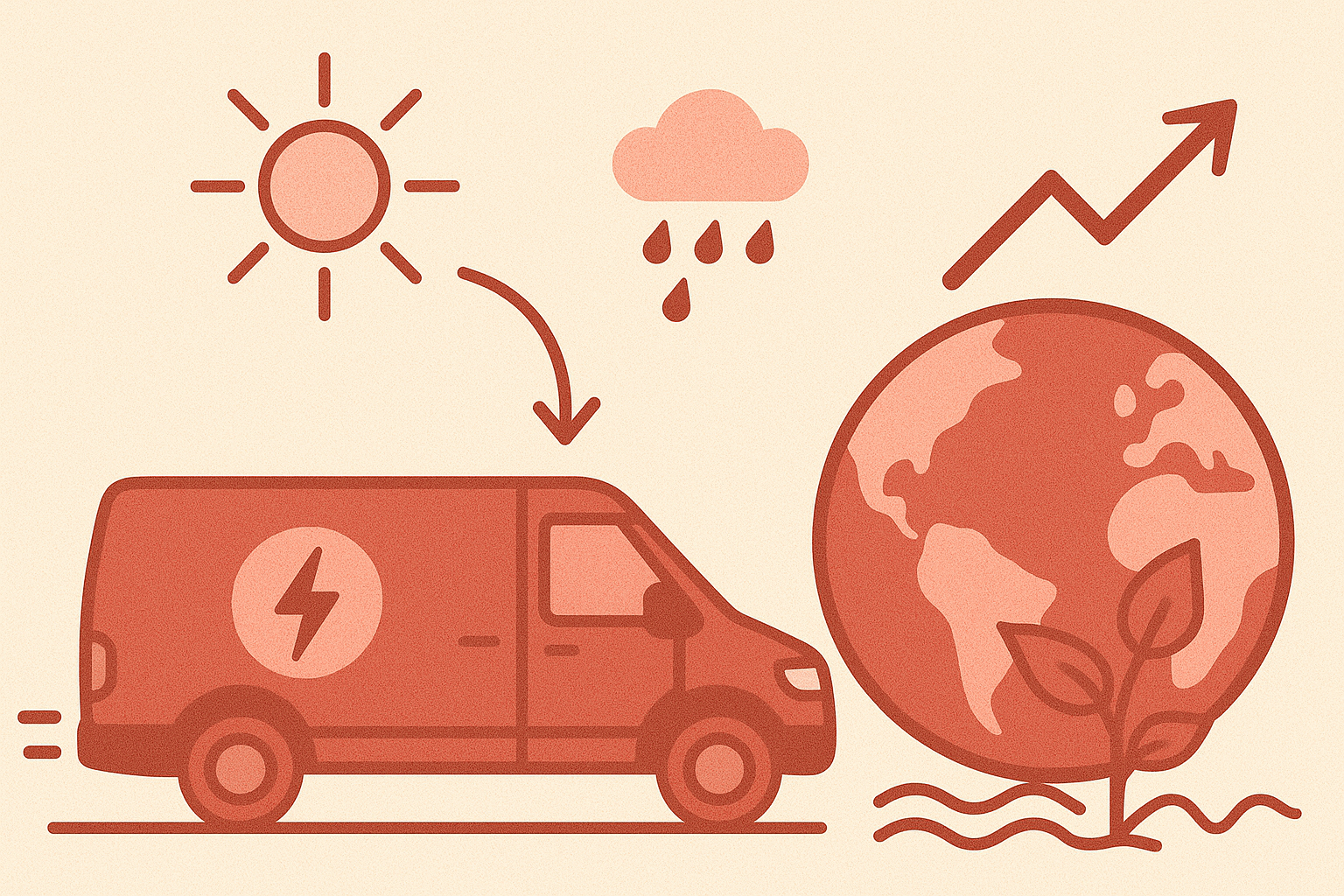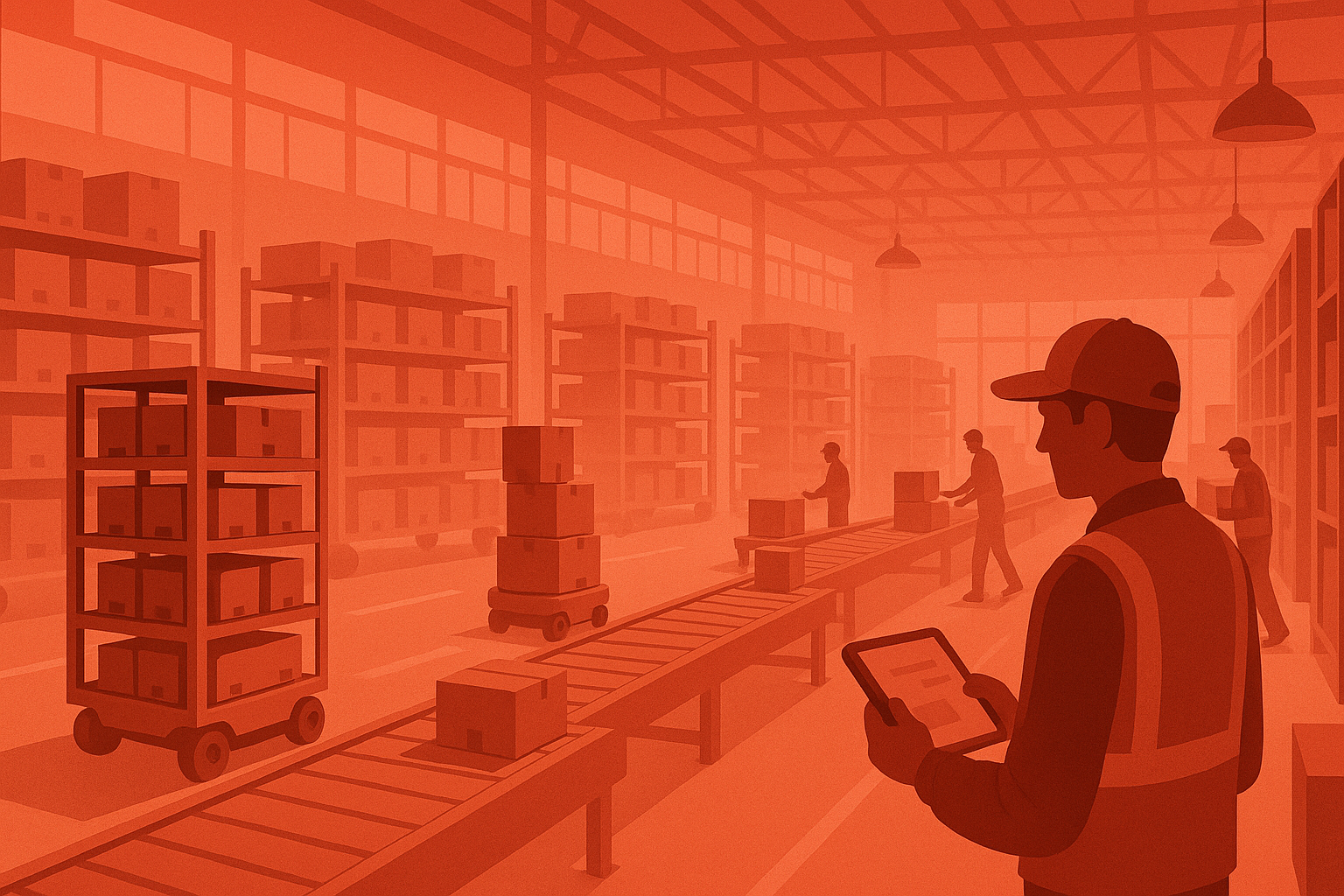There is no denying the rise of Artificial Intelligence (AI) and technology worldwide. Seen as a pathway to becoming a market innovator, AI has become a focal point for many businesses, as shown by the investment in AI-related solutions within supply chains which is forecasted to reach up to $16.7 billion by 2027.
However, is it all positive for AI? As chatbots top the current AI trends with the rise of Microsoft’s Chat GPT, Google recently released their version of a chatbot, Bard, to try and compete. The product showcase, unfortunately, didn’t go to plan, providing inaccurate answers and knocking a cool £82 billion off their share value.
While AI still has a way to go, we look into how AI and technology have shaped the logistics industry and what we can expect in the future.

Insights Into Supply Chains
The introduction of real-time insights into supply chains has been one of AI’s most significant influences on the industry.
IoT devices (hardware that can transmit data over the internet, such as ‘smart’ products) and AI algorithms work hand in hand to present logistics firms with vast amounts of data on inventory, shipping routes, and delivery times, which is then analysed to identify patterns, optimise delivery routes, and predict maintenance needs.
Decisions are now backed by data, improving efficiency and reducing operating costs.
Inventory Management and Tracking
AI algorithms analyse historical data sets to forecast inventory needs, allowing firms to optimise their storage costs and prevent wastage from over or under-stocking.
Alongside optimising inventory requirements, AI assists with the next step, tracking. Barcode scanners and RFID (radio-frequency identification) technology produce real-time tracking updates on location and status. Since the implementation of this technology, customer satisfaction rates have significantly increased due to accurate delivery time estimates and a reduction in misplaced packages.
Chatbots
Another way in which AI has positively affected customer satisfaction rates is through AI customer support chatbots.
Previously, contacting customer support was arduous and frustrating, generally only accessible during working hours and with long queuing times. But now, with the implementation of chatbots, logistics firms can provide 24/7 customer support lines without additional staffing.
Autonomous Vehicles
While it hasn’t yet emerged into reality, the introduction of autonomous vehicles could be an exciting advancement in the industry. Pilot stages have begun with some of the more significant companies, such as Amazon, with its drone delivery service and UPS’ self-driving trucks.
Eliminating human intervention will inevitably lower staffing and incidental costs from human error and provide a foundation for more innovative transportation methods.

The Future of AI In Logistics
It is evident that AI has positively impacted logistics, but what can we expect in the future?
Evidence shows that AI has created more efficient processes, cutting costs in previously unimaginable ways. According to McKinsey, the successful implementation of AI has helped businesses improve logistics costs by 15%, Inventory levels by 35%, and service levels by 65%. With such vast opportunities, it is safe to assume that we will see more of the same advancements, but how they will come about is what we can look forward to discovering.
Logistics Support with EC Group
At EC Group, we aim to provide the best possible solutions for your logistics requirements, including in E-commerce fulfilment and storage and distribution. Get in touch with us today to see how we can help.



